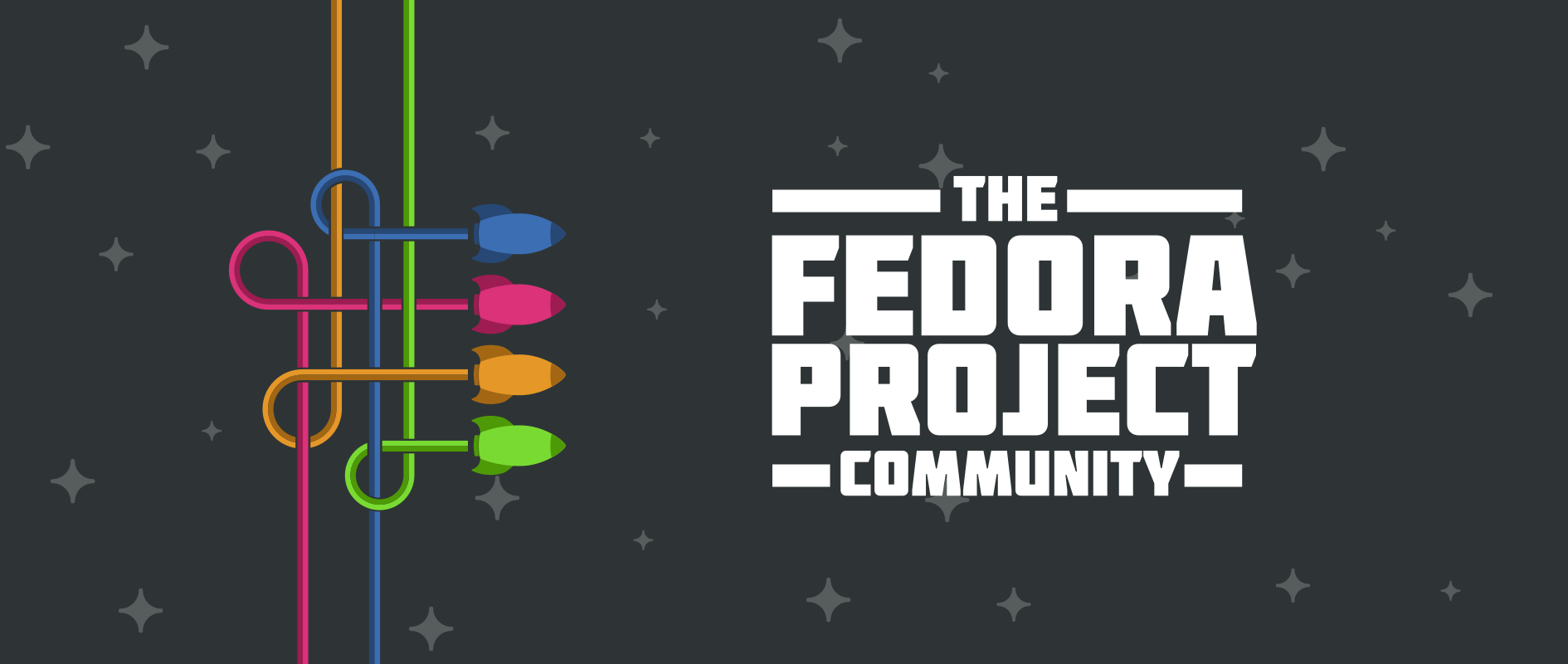Don’t Forget to Vote!
The 2015 November / December Fedora Elections officially began last Monday, and voting closes today (December 14th) at 23:59:00 UTC. Watch the timezone — that’s a lot sooner than midnight in many parts of the world.
Voting is open to all Fedora contributors, regardless of the area you work on — not just packagers or ambassadors, but designers, writers, marketers, testers, translators, and everything else. If you haven’t been following, here’s a quick recap:
The Fedora Ambassador Steering Committee (FAmSCo) is electing seven seats, the Fedora Engineering Steering Committee (FESCo) is electing five seats, and the Fedora Council is electing one seat. To participate in the FAmSCo and FESCo election, you must have agreed the Fedora Project Contributor Agreement (FCPA) and belong to one other group in the Fedora Account System. The Fedora Council election is open to anyone who has signed the FPCA. To vote, visit the Fedora Voting app and vote in any elections you are eligible for. To see more info about the Elections in general, see the wiki article.
Almost every candidate also posted an interview to the Fedora Community Blog, where they established their platform, their vision, and answered some of the community’s questions. Before voting, you are highly encouraged to read every candidate’s interview and make your selections based on the platforms and views that will best help the future of Fedora. To find the candidate interviews, you can read the summary post on the Community Blog.
Fedora Atomic Host now on two week release cycle
Fedora Atomic Host is our implementation of one of the basic building blocks for Project Atomic, an initiative aimed at providing a way to deploy and run containerized applications on Linux. As the name suggests, Fedora Atomic Host provides the environment which hosts these containers, which may be provided as Atomic Apps. Because this is a fast-moving emerging area, Fedora’s six-month cycle actually felt too slow, and to address that, we developed the Two-Week Atomic feature, supported by a lot of new development and plumbing. This is now live at the Fedora Atomic Host download page. You can see how long ago the latest release was generated — currently, almost two weeks ago, but check back in a couple of days for the latest release.
Fedora OpenQA
OpenQA is is framework for automated testing, and thanks to awesome work by Fedora QA Community Monkey (as far as I know, his official title!) Adam Williamson, we’re now officially using it for daily testing. This will help us release our rapidly-moving targets like Fedora Atomic Host with more confidence, will reduce last-minute panics as problems can be identified early, and free up precious human testing time and intelligence for less representative tasks. Read Adam’s blog post or check out the production instance in action.
LetsEncrypt available in Fedora 23
Last week, Let’s Encrypt, an open-source utility providing free SSL/TLS certificates to site owners, entered public beta. Thanks to the work of some of the amazing Fedora packagers and testers, the official LetsEncrypt client is hitting the Fedora 23 stable repositories this week. Use your favorite package-installing utility to get it running on your Fedora machines. Check out this Fedora Magazine article for a detailed guide explaining how to get started using the client!
Discoverable Keyboard Shortcuts in Future GNOME
GNOME designer Allan Day has a post on a new Shortcuts Window feature coming in GNOME 3.20 (and probably in Fedora 24). GNOME 2.x highlighted shortcuts in menu bars, but GNOME 3 moved away from that; this feature is intended to make it easy to see how any application can be controlled without the mouse. Take a look at the blog post, and most importantly, take note: Allan says “The new shortcuts windows need review and refinement: if you are interested in this feature, please give them a try and provide feedback.” So, what do you think?
Thanks again to Justin W. Flory and the CommOps team for help in putting this together!






Adam Williamson
I’m certainly not the only one working on Fedora’s openQA deployment! That’s why my blog post says ‘we’ so often. The main contributors are Jan Sedlak and Josef Skladanka.
Steve
Hi Matt,
Thanks for the voting info. Ill go take a look now.
José Ferreira Neto
Thank you for making Fedora better. I am in love with this system.